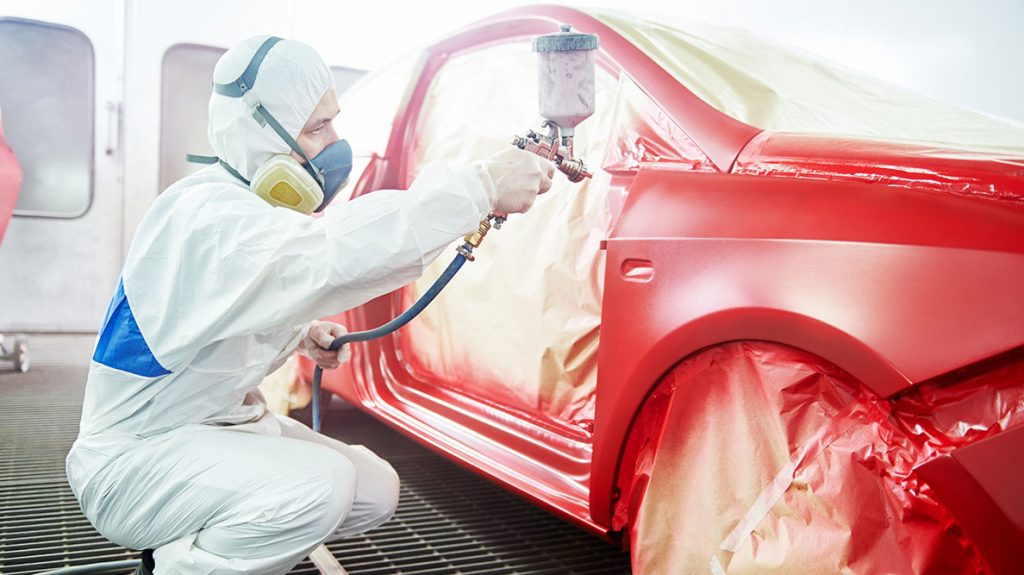Bottlenecks are unfortunately quite common in a shop’s production line. They can have serious consequences and the resulting loss of productivity directly impacts profitability and prevents shops from achieving maximum returns.
Longer cycle times, overtime, more energy spent for the same results, stress for the team, decreased capacity. Bottleneck obviously reach deep into the collision shops’ pockets.
Let’s first identify productivity issues, in short, where things get blocked in the shop. Bottlenecks most frequently occur in the paint room or finishing stage. The best capacity planning programs, such as ProgiPlanning, can easily help spot and prevent bottlenecks.
What to do once we find them? The worse bottlenecks are created by this classic trap: receiving vehicles on Mondays and trying to deliver them all on Fridays. Alternately, receiving and delivering vehicles all week long will quickly increase the efficiency of employees with the largest work gaps, namely the painters and the finishing technicians.
In many cases, this productivity increase will push bottlenecks to the washing step. This is normal as technicians now perform at higher levels and the washers, who are not used to this rhythm, are now overwhelmed with work. Here’s a simple trick; distribute the washers’ work right from the reception of a vehicle so they may start and even finish washing the interior of the vehicle. The goal is to smooth and steady the production chain.
More tricks to regularize your production line; better plan the impacts of non-drivable vehicles on your work week. Give them space so the team can organically fit their repair in your work flow. Also, improve control of your parts procurement process; rather than receiving huge quantities of parts at once, get them as you need for upcoming repairs. A parts procurement program, such as ProgiParts, lets you defer orders so your procurement and production processes are aligned.
Author: Alexandre Rocheleau
Collaboration: Charles Aubry and Laurent Tri
Revision and translation: Sophie Larocque
